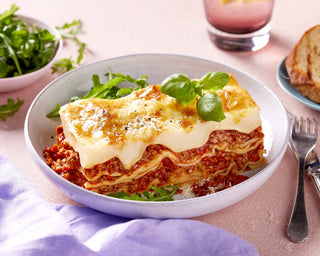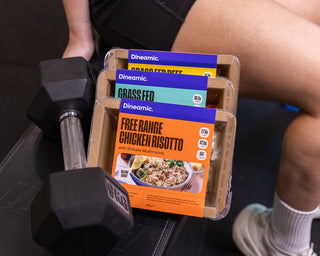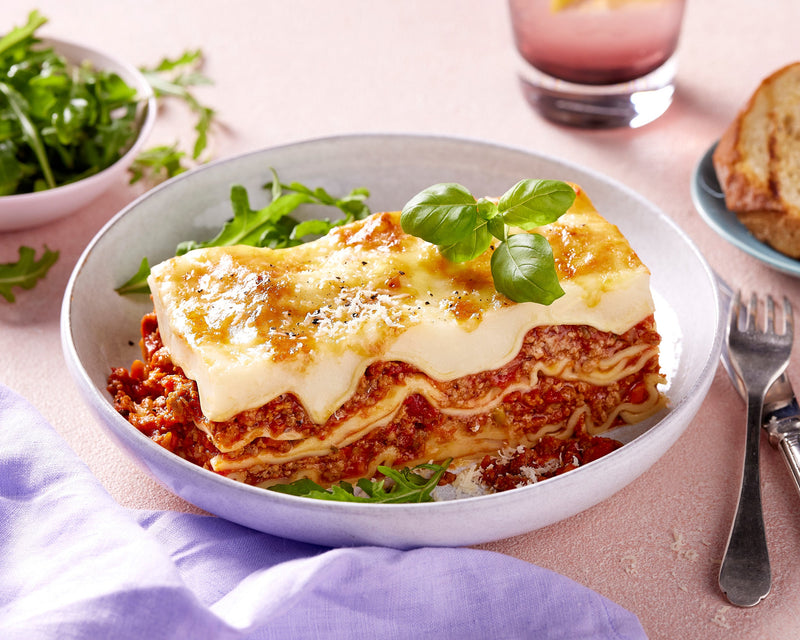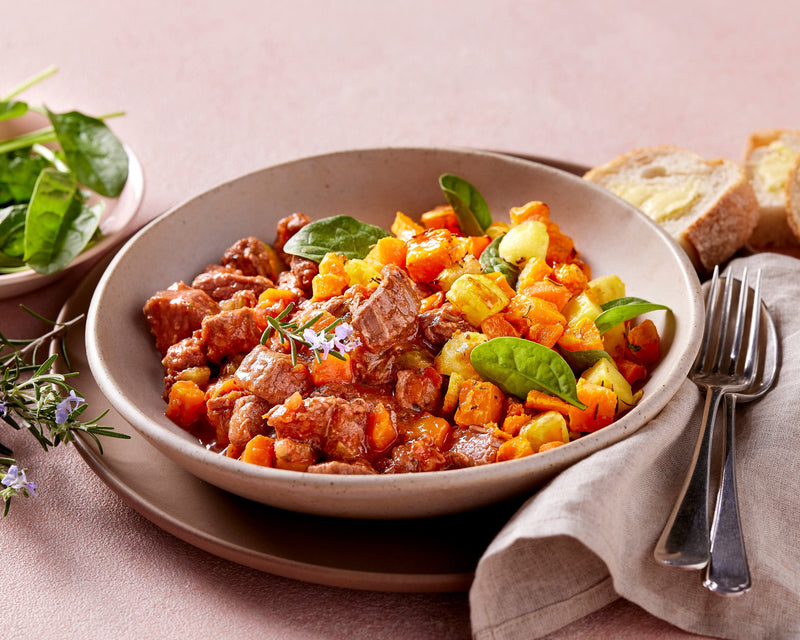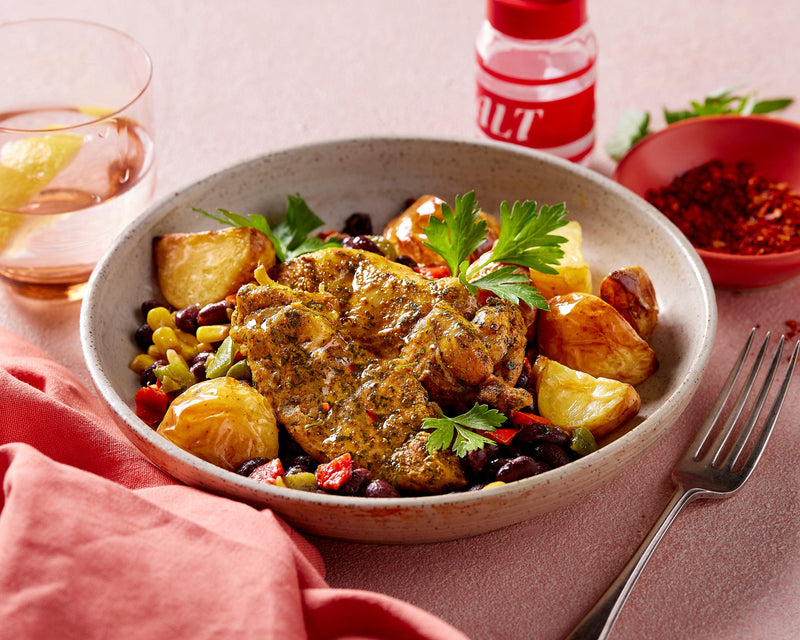Tryptophan and melatonin:
Sleep quality is largely determined by a hormone called melatonin. Melatonin is responsible for controlling our circadian rhythm, or our sleep-wake cycle. It is believed that including certain types of food in your diet can influence these hormones. The pre-cursor to melatonin is tryptophan; an important amino acid that is also needed for the “feel-good” neurotransmitter serotonin. Good sources of tryptophan include: dairy foods like milk, cheese and yogurt , pumpkin seeds, poultry , and soy products such as tofu. Try a snack of reduced fat cheese slices on some wholegrain crackers before bedtime. Warm milk: Considered a long-standing tradition in Western society, a glass of warm milk before bed is a common remedy to sleep problems. There is truth to this, as cow’s milk is a natural source of melatonin. Melatonin is a hormone secreted principally by the pineal gland, mainly at night time. Melatonin is also present in plant-foods, and good sources include tomatoes, olives, barley, rice and walnuts.
Herbal teas and fruit:
Chamomile tea is traditionally thought of as having sleep-promoting properties, however little evidence is shown in the research. Instead, there have been a number of positive effects such as falling asleep faster and for a longer duration, shown in individuals who drank fresh tart cherry juice.(3) The exact mechanism on how it improves sleep is unknown, but is thought to be associated with melatonin. Kiwi fruit was also shown to have similar effects.Carbohydrates:
Another tip is to eat a carbohydrate-based snack before bedtime, such as a banana or a piece of toast. Research shows that by eating carbohydrates we can increase levels of Tryptophan in our body by improving its absorption. It’s important to keep your bedtime snack small, rather than having a heavy meal, as eating too much can reduce sleep quality and potentially cause indigestion. Other non-dietary aids that can assist in promoting a restful night’s sleep include engaging in some form of physical activity during the day, limiting caffeine to the morning or early afternoon, and limiting artificial light sources such as televisions, computers and mobile phones before bed time.
Article written by Ali Archard on behalf of Dineamic Nutrition.


